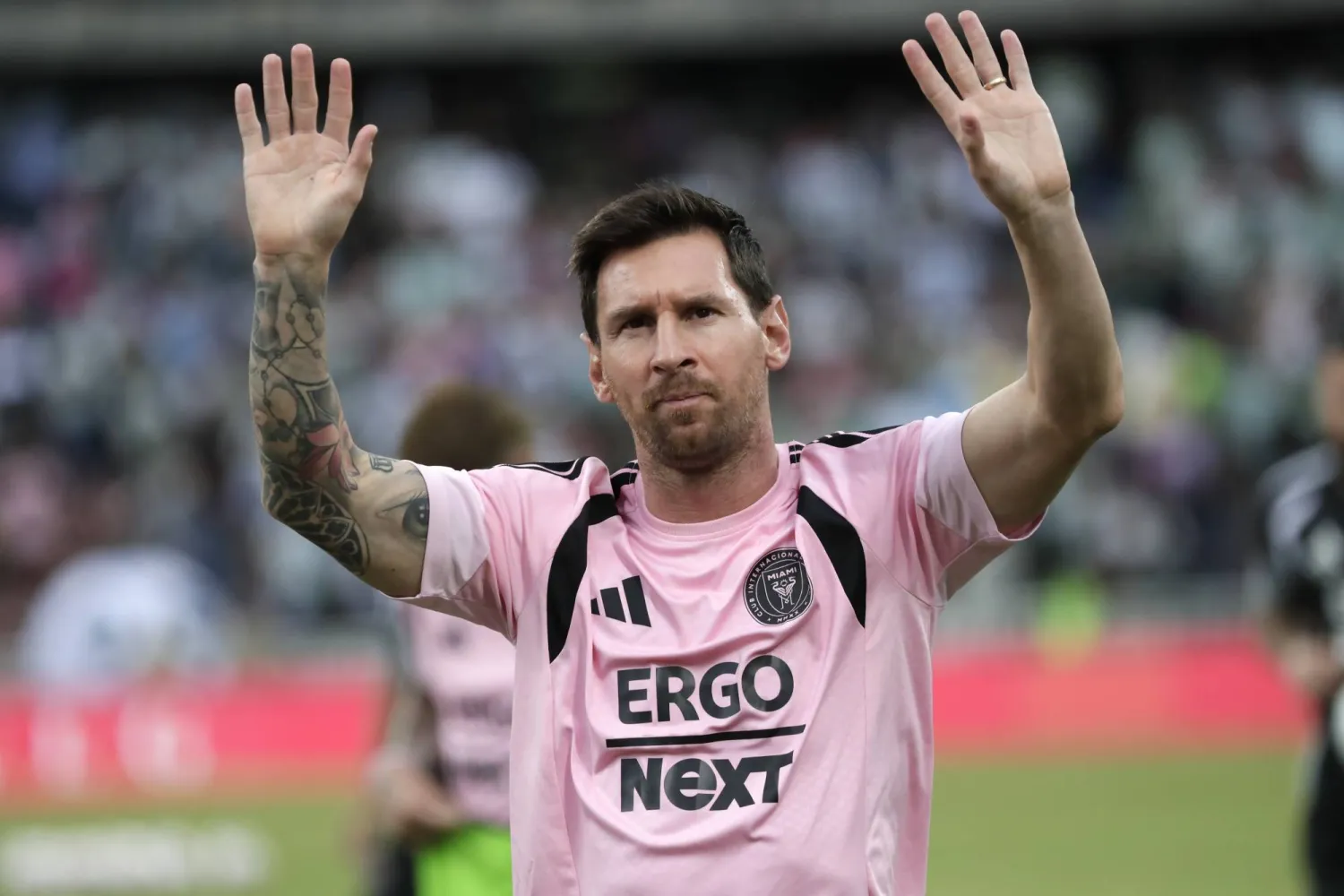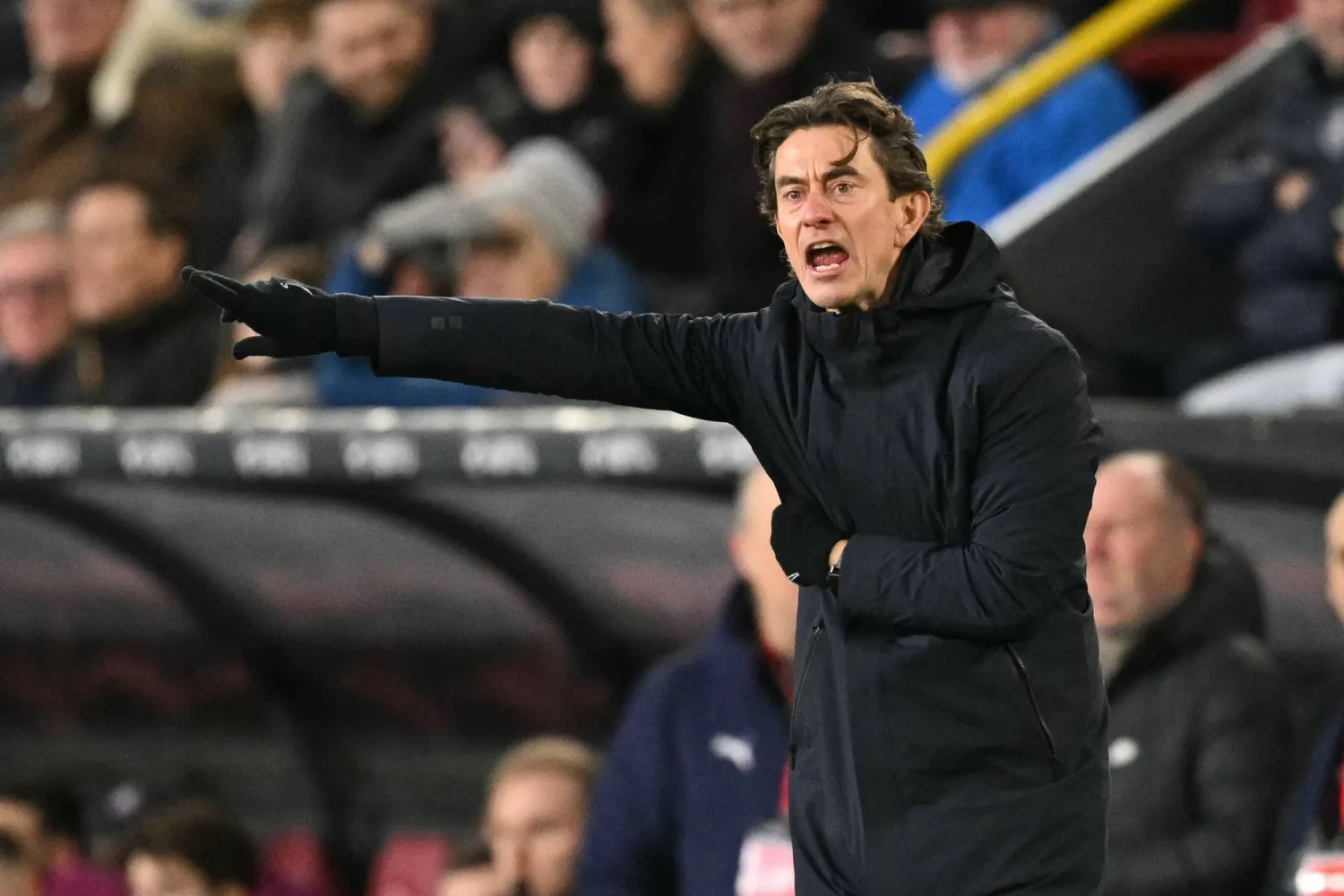Once upon a time, not so very long ago, football was a game in which two teams battled for the ball and, when they had it, tried to score a goal. Teams had different ways of doing that. They used strength and they used pace and they used skill. They tried different shapes. They tried to win the ball back in different parts of the pitch. The ball could be capricious and hard to tame, but pretty much everybody agreed that it was safer not to let your opponents have too much of it.
Not any more. Times have changed, the economics of the game have shifted and tactics have evolved accordingly. The gulf between rich and poor in the Premier League is so great now that for those near the bottom of the league, basic competition for the ball is impossible against those nearer the top. This is a statistic that has been repeated regularly, but it defines the modern game. Between 2003-04 and 2005-06, when it first began collecting the data, Opta recorded three instances of Premier League games in which one team had 70% or more of the ball. Two seasons ago there were 36. Last season there were 63. This season there were 67.
That is a radical change. In 15 years, instances of these games have increased by a factor of more than 60. One in six games now is effectively attack against defence. The Premier League’s three relegated teams took only four points against the top six – and all of those have been against Manchester United in the past fortnight, which barely counts.
This is the single biggest on-pitch issue facing football. It shades everything. It is why a European Super League (or whatever disguised bastard form of it the European Clubs Association is proposing) is not merely likely but, if not desirable exactly, then for many European leagues perhaps the least bad viable option. The encroachment of greed is like the march of the dead beyond the wall, a profound existential threat beside which lesser squabbles appear trivial.
Everything is set against that context of enormous financial imbalance. There has been this season a (very) slight shift in the focus of some of the elite towards defence. Manchester City have compromised while Liverpool for much of the season eased the ferocity of their approach, but for the elite press-and-possess remains the dominant mode.
The big difference over the past couple of seasons is that top Premier League sides are now playing that way more powerfully and/or at a higher tempo than their equivalents abroad, a development led by Liverpool and Tottenham.
For Chelsea’s Maurizio Sarri to attempt to impose his vision of football in such an environment is hugely difficult. Sarriball is another variety of press-and-possess but one that relies upon a playmaker at the back of midfield. Imposing a new philosophy on a frequently truculent squad would be difficult enough anyway; to do it against the threat of a transfer embargo and at a time when the Premier League is once again beginning to flex its muscles may be impossible. Sarri’s Napoli were capable of thrilling quick football but much of Chelsea’s play this season, Eden Hazard aside, has been stodgily predictable. Jorginho has struggled, but then English football has rarely, if ever, been a place for his sort of regista.
Arsenal have been so inconsistent it is very hard to draw any firm conclusions about what Unai Emery is trying to do, other than to say that an imbalanced squad has probably led him, against his better judgment, to field two strikers which has led to an unsurprising shortfall in midfield. For United, this has been – if we are being generous – a season of transition, although from what and to what is much harder to pin down. Maybe a mess led by a smile is better than a mess led by a snarl but it is still a mess.
Elsewhere, the most striking aspect has been how certain teams have thrived on not having the ball, turning the new situation to their advantage. Wolves have been the supreme example of that, so good on the counter, so impotent breaking down lesser sides that they have picked up more points against the top six than the bottom six – and are more likely to win a game with less than 40% possession than with more than 55%. But Crystal Palace have demonstrated similar traits, winning 29 points away as opposed to 20 at home. Both will think there could be significant improvement next season if they can just suss out how to do what historically has been the easy bit.
Wolves, perhaps, have the resources to make it happen. And that, ultimately, is what it comes down to. Money guides everything. There have always been rich clubs, of course, but they have never been this rich, and the financial imbalances have never had such an impact on how the game is played.
The Guardian Sport









